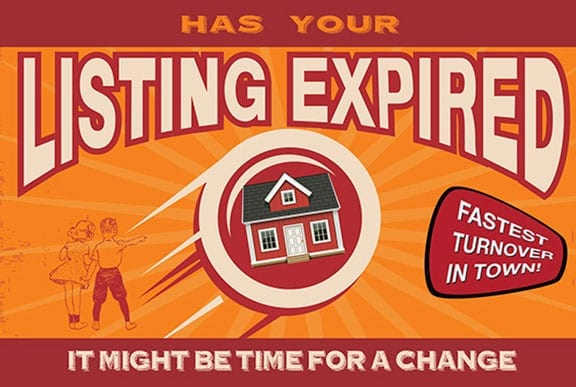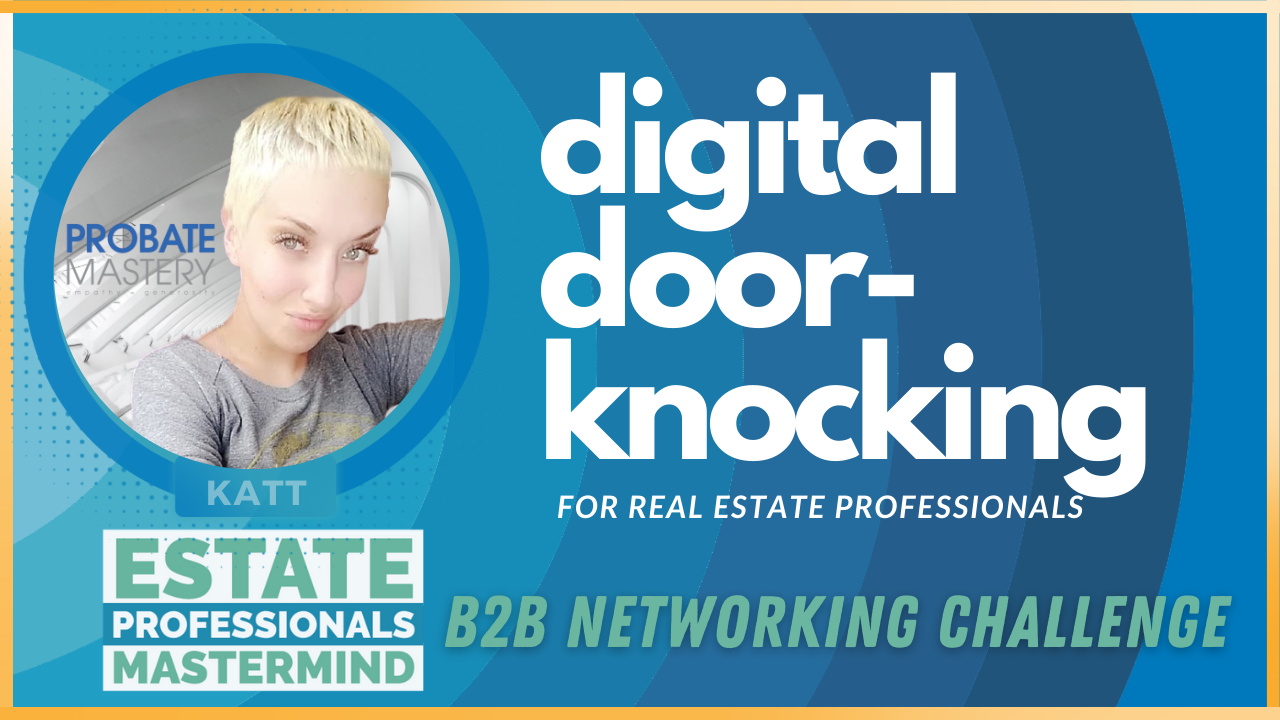
FHA loans are popular because they allow buyers to use their gift funds to purchase a home or to make a small down payment. FHA loans are an excellent choice for people with poor credit ratings or needing a lower debt to income ratio. Sellers don't like fha loan because they fear that the buyer might not be able afford the house. They are also worried that the underwriting process could lead to a default loan, which would cause the buyer not to accept their offer and force them to put the house up for sale.
FHA Loans not for Sellers
Most real estate professionals believe that fha loans are a great way to help more people get into homes, and that these types of financing are not only safe for the homeowner, but also for the mortgage lender as well. But that doesn't mean that all sellers agree with this perspective.
There are a few reasons sellers might not like FHA loans.

The reason they aren't familiar with the mortgage program is one. They have many misconceptions about how to get an fha loan. Also, they believe someone who uses this type is in danger of defaulting. This can cause damage to the equity in the property.
An appraisal is required before fha loans can be closed. The appraisal is not a full inspection, but it will verify that the home meets FHA minimum standards.
An appraiser could determine that the property has a lower value than the seller agreed to. This can make selling a property very scary. As both sides are trying to figure out the next steps, this can cause a deadlock in negotiations.
People don't realize that an FHA loan requires that the borrower purchase mortgage insurance. This can prove costly in some cases. In these situations, a borrower might opt to obtain a conventional mortgage loan.

The best solution for these issues is to educate sellers and their agents on the program. This way, they can be more comfortable with the idea of selling a home to an fha borrower.
Why would a seller refuse to accept an FHA loan
A seller who isn't comfortable working with someone who has an fha loan could try to persuade them by offering some seller concessions, which are usually included with traditional purchases. This could include closing costs and seller assistance during the home inspection.
A specialist in helping sellers must be knowledgeable about fha loans. They can also work together with the seller to find a solution. The buyer must decide if an fha loan is right for them.
FAQ
What should I look for when choosing a mortgage broker
A mortgage broker assists people who aren’t eligible for traditional mortgages. They shop around for the best deal and compare rates from various lenders. This service is offered by some brokers at a charge. Others offer no cost services.
What amount of money can I get for my house?
This can vary greatly depending on many factors like the condition of your house and how long it's been on the market. Zillow.com reports that the average selling price of a US home is $203,000. This
What is the average time it takes to sell my house?
It all depends upon many factors. These include the condition of the home, whether there are any similar homes on the market, the general demand for homes in the area, and the conditions of the local housing markets. It can take from 7 days up to 90 days depending on these variables.
Can I purchase a house with no down payment?
Yes! Yes. There are programs that will allow those with small cash reserves to purchase a home. These programs include FHA loans, VA loans. USDA loans and conventional mortgages. Visit our website for more information.
What should I do before I purchase a house in my area?
It all depends on how long your plan to stay there. Save now if the goal is to stay for at most five years. If you plan to move in two years, you don't need to worry as much.
Statistics
- Private mortgage insurance may be required for conventional loans when the borrower puts less than 20% down.4 FHA loans are mortgage loans issued by private lenders and backed by the federal government. (investopedia.com)
- The FHA sets its desirable debt-to-income ratio at 43%. (fortunebuilders.com)
- Based on your credit scores and other financial details, your lender offers you a 3.5% interest rate on loan. (investopedia.com)
- This means that all of your housing-related expenses each month do not exceed 43% of your monthly income. (fortunebuilders.com)
- Some experts hypothesize that rates will hit five percent by the second half of 2018, but there has been no official confirmation one way or the other. (fortunebuilders.com)
External Links
How To
How to Manage A Rental Property
You can rent out your home to make extra cash, but you need to be careful. This article will help you decide whether you want to rent your house and provide tips for managing a rental property.
If you're considering renting out your home, here's everything you need to know to start.
-
What are the first things I should consider? You need to assess your finances before renting out your home. You may not be financially able to rent out your house to someone else if you have credit card debts or mortgage payments. You should also check your budget - if you don't have enough money to cover your monthly expenses (rent, utilities, insurance, etc. ), it might not be worth it.
-
How much does it cost for me to rent my house? Many factors go into calculating the amount you could charge for letting your home. These include things like location, size, features, condition, and even the season. Keep in mind that prices will vary depending upon where you live. So don't expect to find the same price everywhere. Rightmove has found that the average rent price for a London one-bedroom apartment is PS1,400 per mo. If you were to rent your entire house, this would mean that you would earn approximately PS2,800 per year. This is a good amount, but you might make significantly less if you let only a portion of your home.
-
Is it worth it? You should always take risks when doing something new. But, if it increases your income, why not try it? It is important to understand your rights and responsibilities before signing anything. Not only will you be spending more time away than your family, but you will also have to maintain the property, pay for repairs and keep it clean. These are important issues to consider before you sign up.
-
Are there any advantages? So now that you know how much it costs to rent out your home and you're confident that it's worth it, you'll need to think about the advantages. There are many reasons to rent your home. You can use it to pay off debt, buy a holiday, save for a rainy-day, or simply to have a break. No matter what your choice, renting is likely to be more rewarding than working every single day. You could make renting a part-time job if you plan ahead.
-
How can I find tenants? Once you've made the decision that you want your property to be rented out, you must advertise it correctly. Listing your property online through websites like Rightmove or Zoopla is a good place to start. Once potential tenants reach out to you, schedule an interview. This will help you assess their suitability and ensure they're financially stable enough to move into your home.
-
What are the best ways to ensure that I am protected? If you fear that your home will be left empty, you need to ensure your home is protected against theft, damage, or fire. Your landlord will require you to insure your house. You can also do this directly with an insurance company. Your landlord will typically require you to add them in as additional insured. This covers damages to your property that occur while you aren't there. If you are not registered with UK insurers or if your landlord lives abroad, however, this does not apply. In such cases you will need a registration with an international insurance.
-
If you work outside of your home, it might seem like you don't have enough money to spend hours looking for tenants. But it's crucial that you put your best foot forward when advertising your property. You should create a professional-looking website and post ads online, including in local newspapers and magazines. You'll also need to prepare a thorough application form and provide references. While some people prefer to handle everything themselves, others hire agents who can take care of most of the legwork. You'll need to be ready to answer questions during interviews.
-
What happens after I find my tenant?After you've found a suitable tenant, you'll need to agree on terms. If you have a contract in place, you must inform your tenant of any changes. Otherwise, you can negotiate the length of stay, deposit, and other details. Keep in mind that you will still be responsible for paying utilities and other costs once your tenancy ends.
-
How do you collect the rent? When it comes time for you to collect your rent, check to see if the tenant has paid. If they haven't, remind them. You can deduct any outstanding payments from future rents before sending them a final bill. If you're struggling to get hold of your tenant, you can always call the police. They will not normally expel someone unless there has been a breach of contract. However, they can issue warrants if necessary.
-
What can I do to avoid problems? Renting out your house can make you a lot of money, but it's also important to stay safe. Ensure you install smoke alarms and carbon monoxide detectors and consider installing security cameras. Also, make sure you check with your neighbors to see if they allow you to leave your home unlocked at night. You also need adequate insurance. You should never allow strangers into your home, no matter how they claim to be moving in.